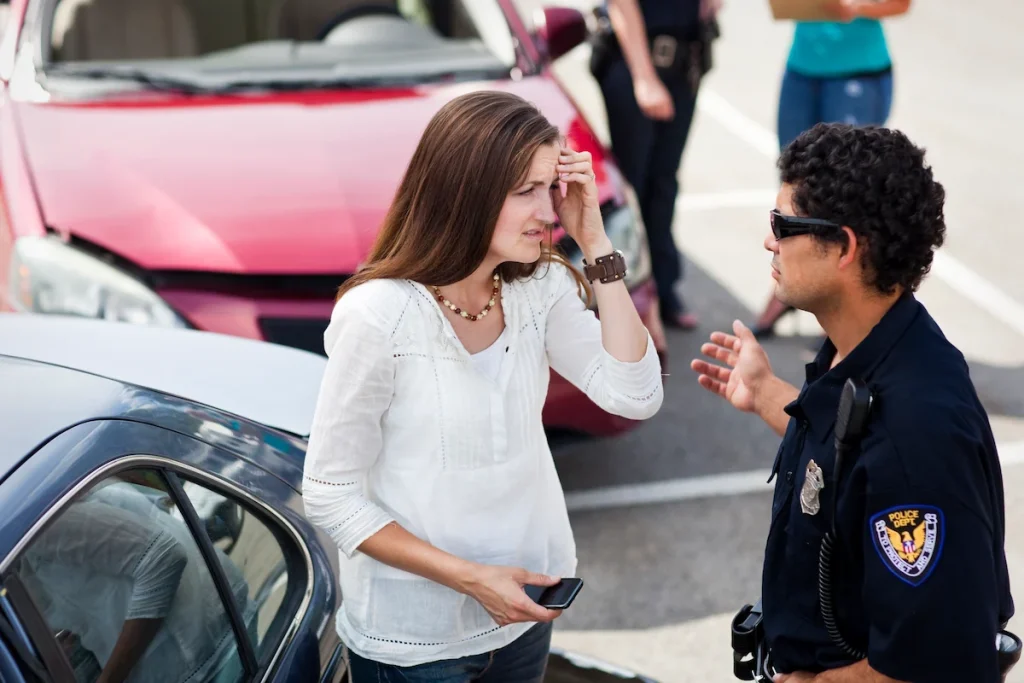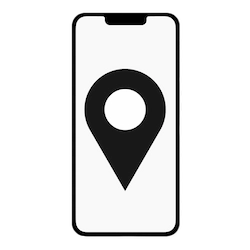How to Obtain a Car Accident Police Report?
A Comprehensive Guide
Car accidents, whether minor fender-benders or severe collisions are unsettling events. Amidst the immediate concerns of health and vehicle safety, there is the crucial aspect of documentation. A police report serves as an essential record of the incident, detailing the facts the responding officer perceives. This document can be invaluable during insurance claims or potential legal disputes. Here’s a comprehensive guide to obtaining a car accident police report in the USA.

Understand the Importance of a Police Report
First and foremost, recognize the significance of a police report, It:
- Provides an objective account of the accident.
- Contains details like date, time, location, involved parties, and potential witnesses.
- This may include the officer’s assessment of fault, which can be influential during insurance claims.
Requesting a Report at the Scene
While it’s common for police to attend significant accidents, mainly where injuries occur automatically, minor accidents might require you to request their presence.
- Call the Police: Even if damages seem minimal, it’s a good practice to contact the local police or sheriff’s department. They’ll either come to the scene or guide you on the next steps.
- Collect Officer Details: If police come to the scene, note the officer’s name, badge number, and contact information. This will make obtaining the report easier later.
Determine Where to Retrieve the Report
- Local Police or Sheriff’s Department: If the accident occurred within a municipality, the city’s police department would typically handle it. The county’s sheriff’s department might be responsible for incidents outside city limits.
- State Police or Highway Patrol: For accidents on highways or interstates, you may need to contact the state police or highway patrol.
Wait for the Report to Be Ready
- Processing Time: After the officer takes down the necessary details, it can take anywhere from a few days to several weeks for the report to be completed and processed.
- Checking Status: Contact the appropriate department to check on the status of your report. They can provide an estimate of when it will be available.
Retrieving the Report
Each jurisdiction has its procedures for obtaining a report, but here are general steps:
- Visit in Person: Some departments require you to retrieve the report in person. You might need a photo ID and details about the accident, like date, time, and location.
- Request by Mail: Some jurisdictions allow requests by mail. You’d send a letter detailing the accident information and any required fees.
- Online Retrieval: Many police departments have digitized their processes. Platforms like BuyCrash.com or the department’s website may allow you to search for and purchase a copy of the report.
- Third Parties: Some services offer to retrieve the police report on your behalf for a fee.
Understand the Fees
- Report Fees: While some departments provide the report for free, others might charge a nominal fee, usually ranging from $5 to $25.
- Payment Methods: Depending on the retrieval method, you might be able to pay with cash, check, credit card, or money order.
Reviewing the Report
Once you obtain the report, review it for accuracy:
- Personal Details: Ensure names, addresses, and other personal details are correct.
- Accident Details: Check the description of the accident against your recollection and any photos or notes you took at the scene.
- Discrepancies: If you find errors or disagree with the officer’s account, contact the police department for clarification. While changing an official report is challenging, knowing the process is essential if you believe it contains inaccuracies.
Use the Report Wisely
Having the report is beneficial for:
- Insurance Claims: Insurance companies often require a police report to process a claim.
- Legal Proceedings: If there’s a dispute about the accident, the report can be crucial evidence.
- Personal Records: Keep a copy for your records, as you never know when you might need to reference it in the future.
Conclusion
While the moments following a car accident can be disorienting, ensuring a proper record is vital. A police report offers an objective account of the incident, making it a crucial document for various post-accident processes. Being informed about how to obtain this report equips you with an essential tool as you navigate the aftermath of a collision. Whether for insurance, legal disputes, or personal peace of mind, take the necessary steps to secure your copy promptly and efficiently.
